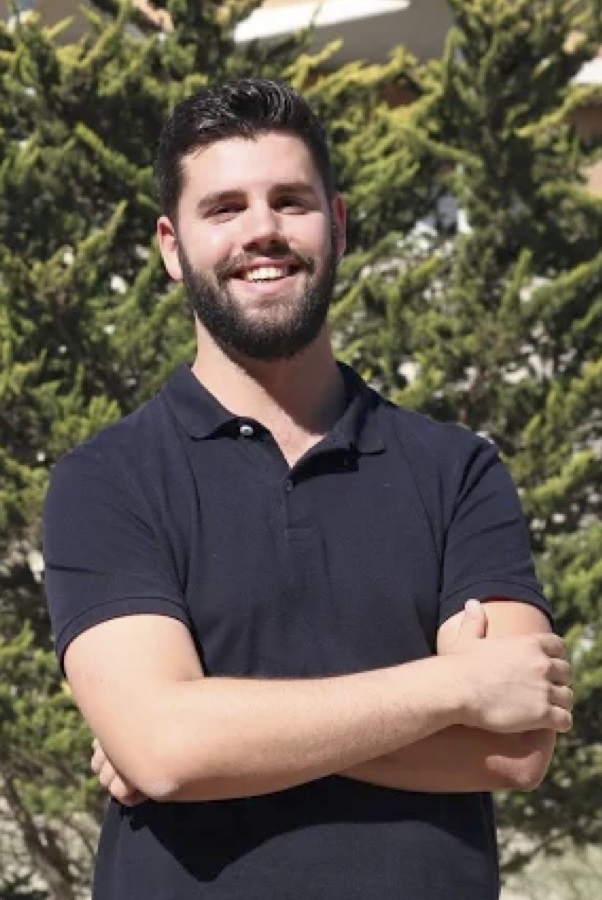Juan Miguel Flujas
University of Almería. Spain
Psychological flexibility: intervention in families from Third-Generation Therapies
Contextual or third-generation therapies have changed the focus of intervention, addressing aspects such as psychological flexibility, acceptance, or contact with the present moment. This evolution of therapies has also been seen in the field of family therapy or parent training. Parental psychological flexibility is understood as the ability to connect fully and with an open disposition to one’s emotions, thoughts, or sensations that produce discomfort during interactions and parenting, while acting or redirecting one’s behavior toward personal values. In this monographic table, four communications are presented that address the conceptualization, analysis, and intervention in parental psychological flexibility through different intervention formats and in different populations. In the first place, a review is made of the concept of parental psychological flexibility and its associated intermediate processes, the evaluation systems related to the construct, and the intervention models that have addressed this construct in family intervention. Subsequently, a study of the relationship between the variables of psychological flexibility, stress, general health, and suppression of thoughts in parents of children with disabilities is presented. Third, a study is presented to assess the effect of an intervention with Acceptance and Commitment Therapy in 36 parents of children with intellectual disabilities. Finally, a non-randomized clinical trial is presented in which an intervention protocol from third-generation therapies applied to groups of families in schools compared to its application through the Internet.
CV
He holds a Ph.D. in Psychology from the University of Almería, his line of research focuses on the development and analysis of an intervention program in families using contextual therapy strategies. Currently, he holds a postdoctoral position in the Department of Psychology of the University of Almería, where he participates in the research group HUM057 “Advances in intervention and epidemiology with childhood, adolescence, and families”, mainly in the lines of application of technologies in clinical psychology and the analysis in intervention programs with families through Acceptance and Commitment Therapy and other contextual therapies. He holds a Degree in Psychology and a Master’s Degree in Functional Analysis in Clinical and Health Contexts from the University of Almería, Spain.

